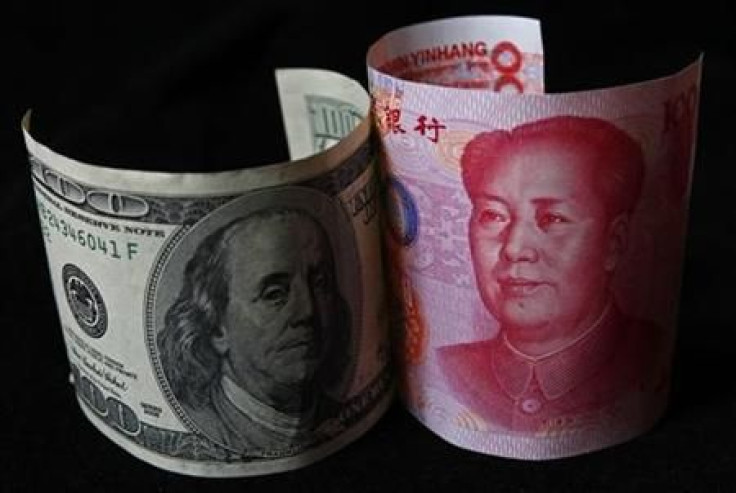China Risks Inflation, Property Price Bubble: IMF

The Chinese economy is facing the risk of inflation and property price bubble, say IMF economists, though the imminent danger of a major downturn in the property sector has been ruled out.
IMF's annual economic health check report on China has called for reduced state regulation and less dependence on foreign exports, to achieve sustainable economic growth. The focus should be on raising household incomes and boosting domestic consumption, the report said.
Global economic crisis has led to an increase in lending, which has hurt the credit quality and as long as the cost of financing continued to be low, and other investment options remained limited, the propensity for property bubbles will remain, IMF report warned.
Though inflation rose above 6.4 percent in June, IMF expects a decline in the second half of this year, as the impact of higher food prices eases.
The report highlights the criticism that China's exporters gained unfair advantage as their currency is undervalued by 3 to 23 percent, depending on the method used to measure the gap in percentage terms.
With the Chinese deposit rates well below the rate of inflation, many depositors are left short-changed, the report noted.
Higher interest rates and currency appreciation would tend to reduce the imbalance between corporate savings and investment, the report suggested. Raising interest rates, appreciating the real effective exchange rate, and developing the domestic capital market, would lower both investment and corporate savings.
Easing tight state regulation on Yuan has been a debated topic in Beijing, as China's central bank and other regulators face opposition from certain sections which are worried that a stronger Yuan could potentially hurt exporters and lead to job cuts, fueling public protest.
The threat of a property price bubble in Asia's largest economy has been a cause of concern for economists where the property sector directly makes up 12 percent of GDP.
The IMF report suggests a more commercially oriented finance system as a recovery measure and to avoid the looming threats. Capitalization of banks, strong economic growth and regulators' cautionary approach make the potential risks in the financial system manageable, said IMF. Nevertheless, the report also calls for enhanced risk management system of Beijing's financial institutions.
However, Beijing's representative to the IMF, Jianxiong He, expressed disagreement in a note that followed the report. According to Jianxiong, the lower interest rates in developed economies including US have led to the capital flow to developing countries like China, resulting in their $3 trillion in foreign reserves.
© Copyright IBTimes 2024. All rights reserved.












